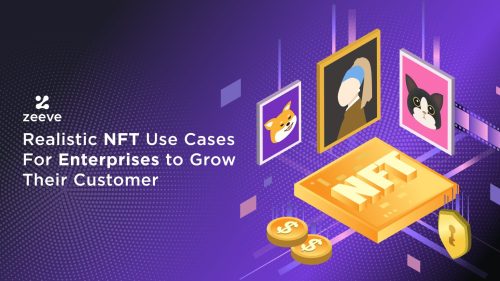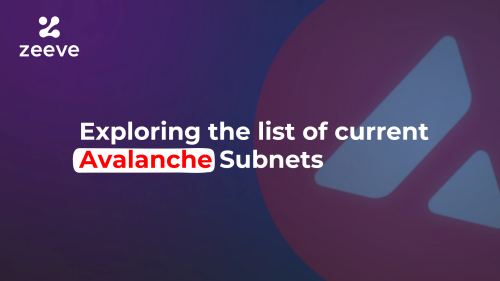Empowering Energy Consumers via Blockchain Technology

Energy organizations embracing a decentralized future today, are ensuring their competitive positioning for tomorrow
Energy organizations today face increasing pressure to seek and develop innovative competitive advantages in commodity energy markets
Providing customers with a secure and cost-effective power and gas supply is no longer enough. Energy retailers in competitive markets strive to differentiate a commodity product offering among a slew of competitors vying for an increasingly sophisticated customer base. Further, energy providers must adapt to markets with limited and at time decreasing demand growth as energy efficiency initiatives and demand-side management options become more prevalent. To better serve their customers and retain footholds in their markets, energy organizations are seeking new ways to expand and retain this increasingly flexible and sophisticated customer base by finding ways to generate additional value and move into new sectors.
An emerging trend shows energy organizations actively exploring integrated product bundles, combining smart building technologies with traditional commodity product offerings. The natural adjacency of energy organizations to the smart building sector places innovative energy organizations in an optimal position to take advantage of some of the expected growth from the sector. This opportunity in itself presents an attractive value proposition for energy organizations as shown for example by Navigant Research which estimates that the annual revenue of the global building energy management systems (BEMS) market is expected to grow from $4 billion in 2017 to $13 billion by 2026. Maintaining emphasis on adapting to and finding new ways to utilize innovations has never been more critical in the energy sector than it is today.
Blockchain technology is one way organizations today are looking to expand customer product offerings and drive new value
On this next horizon of energy innovations also sits blockchain technology, promising not just new waves of growth but a re-envisioning of long-standing norms of our current energy systems. The utilization of blockchain technology combined with other evolving technology mediums such as the internet of things (IoT), artificial intelligence, cloud, and edge computing will seek to provide energy consumers with new and flexible ways of transacting, responding to market signals, and managing overall consumption. Similar to the trends surrounding smart building technology, the effective utilization and adaptation to blockchain technology will become an essential element of competitive positioning for energy retailers and consumers on the system.
Through the deployment of localized permissioned blockchain networks, consumers will increasingly have access to a host of transactive energy services ranging from peer-to-peer transactions to advanced energy demand management. Transactive energy focuses on the economic and control techniques used to manage the flow or exchange of energy within a power system. At the center of enabling these new levels of transactions between parties, is the ability to securely and reliably exchange and share data between the parties involved in the power system. This is where blockchain comes in and plays a vital role in allowing these secure and reliable data exchanges and transactions among parties to occur.
To find out more about this interesting concept contact Chris Peoples, the GBA Energy Working Group Lead, or click here to view the full article including a specific example seen in the market today.






Responses